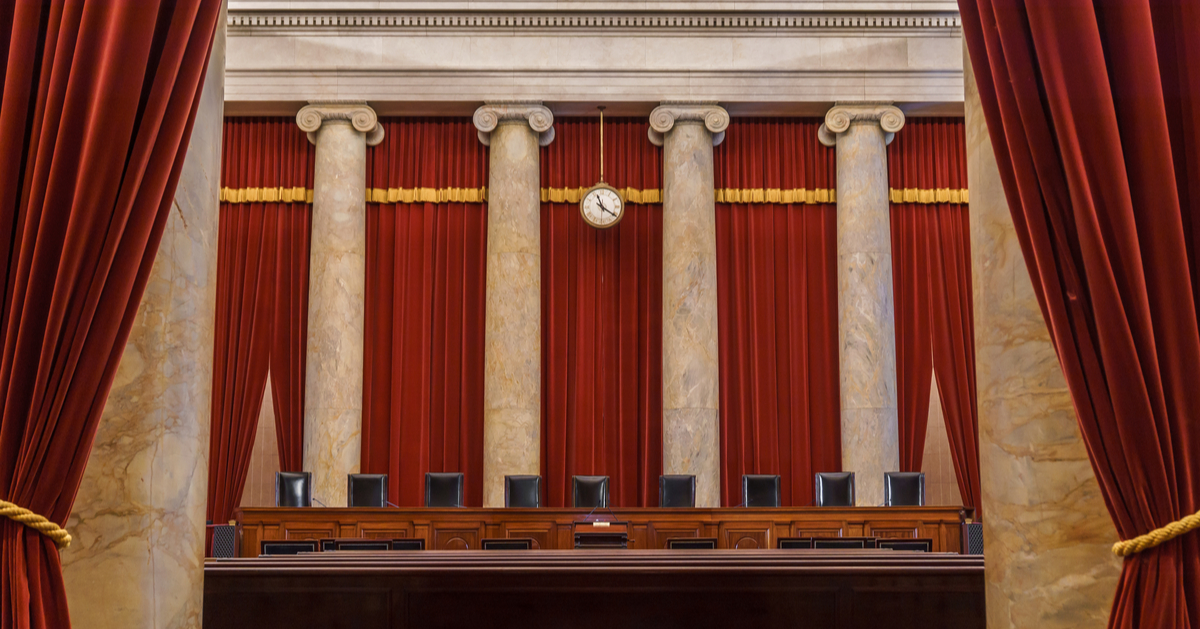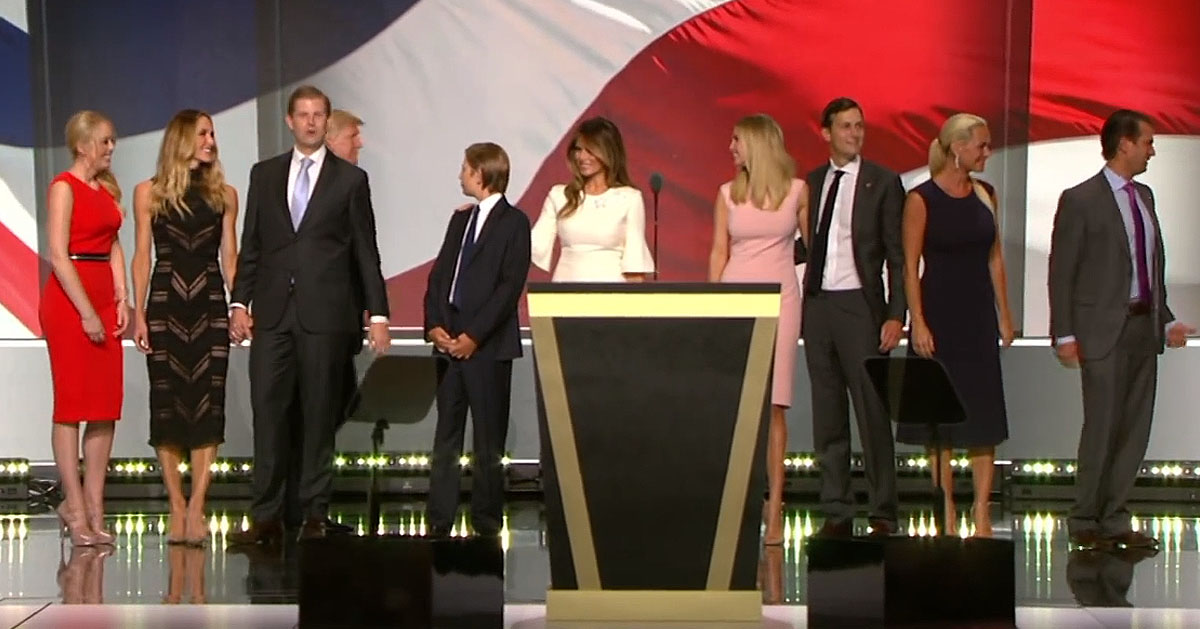Samuel Alito recused himself from decision to reject Laura Loomer's lawsuit
This week saw America's highest judicial body reject pro-Trump conservative influencer Laura Loomer's effort to sue social media companies.
Not all of the Supreme Court's justice participated in that decision, however, as Justice Samuel Alito recused himself from the case.
Alito "took no part in the consideration or decision of this petition"
According to Newsweek, Alito made that fact clear in the court's order, saying he "took no part in the consideration or decision of this petition."
Although the justice provided no explanation for his decision, Newsweek suggested that it stemmed from his ownership of stock in Procter & Gamble (P&G), which is one of the defendants named in Loomer's lawsuit.
The magazine noted how federal law mandates that Supreme Court justices from those matters in which their "impartiality might reasonably be questioned."
Nevertheless, the Supreme Court's code of conduct allows justices to decide for themselves whether or not that threshold has been met.
Loomer objected to social media bans in 2018 and 2019
USA Today explained that Loomer's lawsuit was filed in response to social media bans which she faced during President Donald Trump's first term in office.
Facebook terminated the activist's account in 2019 along with those of other allegedly "dangerous individuals" for promoting and violence.
Supreme Court rejects conservative activist Laura Loomer's bid to sue social media for banning her https://t.co/qmLGTQnJyV
— USA TODAY (@USATODAY) October 6, 2025
Twitter similarly gave Loomer the boot a year earlier for over "hateful" content but her account was restored in 2022 when Elon Musk purchased the company and rechristened it as X.
She asserted that the companies illegally conspired with each other as well as advertisers in order to silence her congressional campaigns in the 2020 and 2022 elections.
Appeals court rejected RICO claims
"Social media is critical to campaigns, especially during COVID-19 restrictions that limited traditional campaigning methods like door-to-door canvassing and public events," her Supreme Court petition read.
While Loomer argued that she had cause to sue under the Racketeer Influenced and Corrupt Organizations (RICO) Act, a federal district judge in California rejected her contention.
The 9th U.S. Circuit Court of Appeals agreed with that decision, writing, "The operative complaint simply alleges that there was a RICO enterprise because the Defendants had the 'common goals of making money, acquiring influence over other enterprises and entities, and other pecuniary and non-pecuniary interests."
"In sum, the district court properly dismissed the amended complaint and denied leave to amend," the appeals court went on to add.






